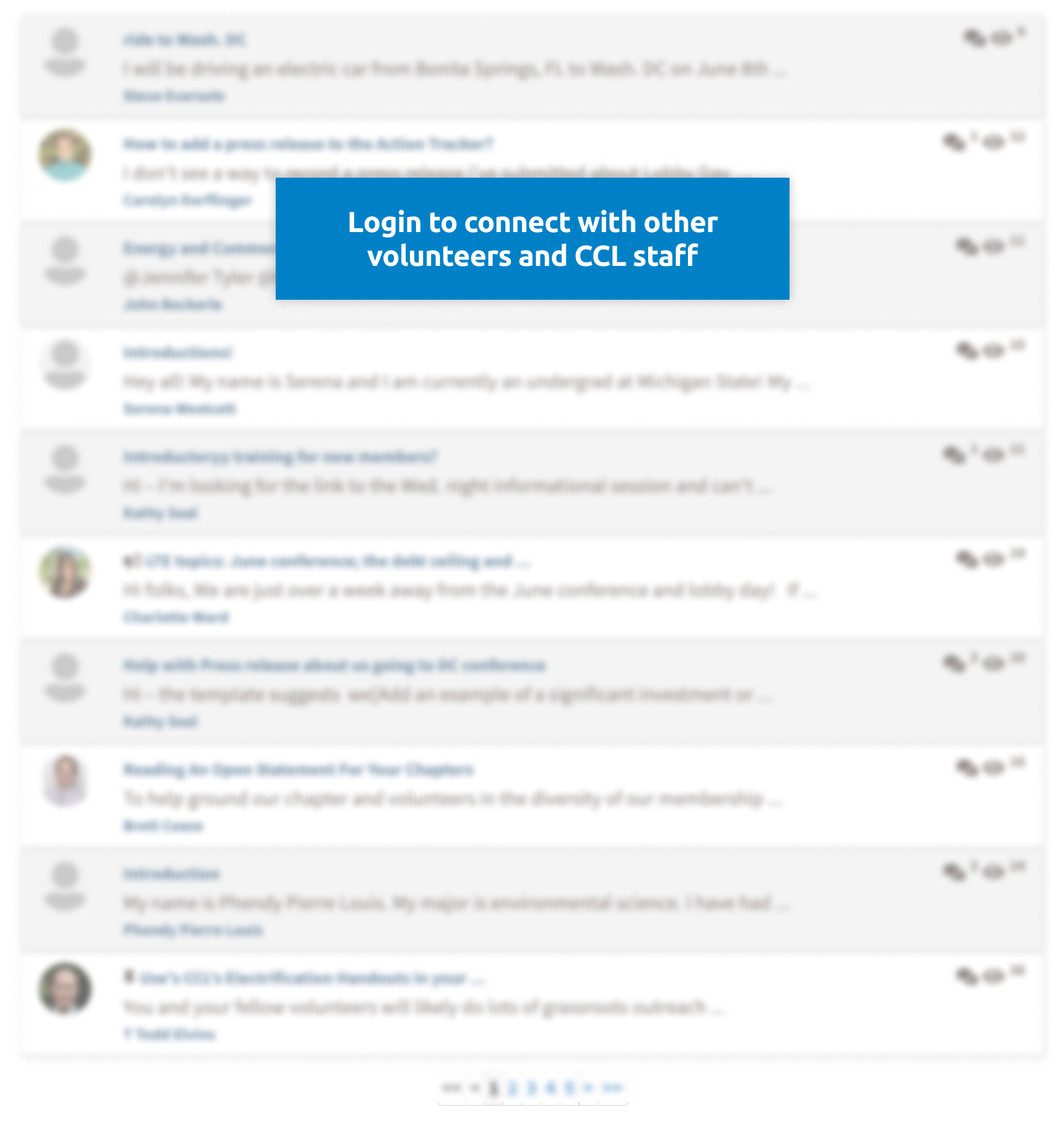Login
List of Events
Sort By Date
Starts:
02/25/2026 10:00am PST
Starts:
02/25/2026 12:00pm PST
Starts:
02/25/2026 4:30pm PST
Starts:
02/25/2026 5:00pm PST
Starts:
02/25/2026 5:00pm PST
Featured Recent Discussion
